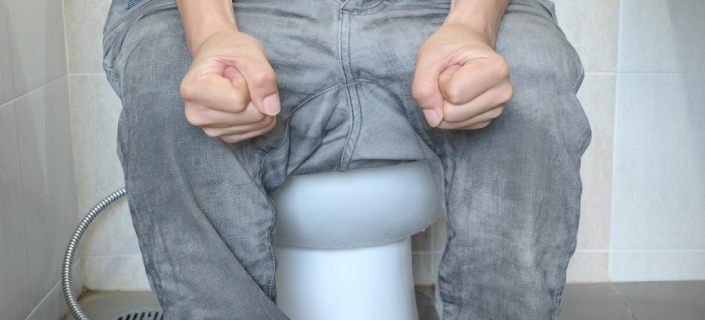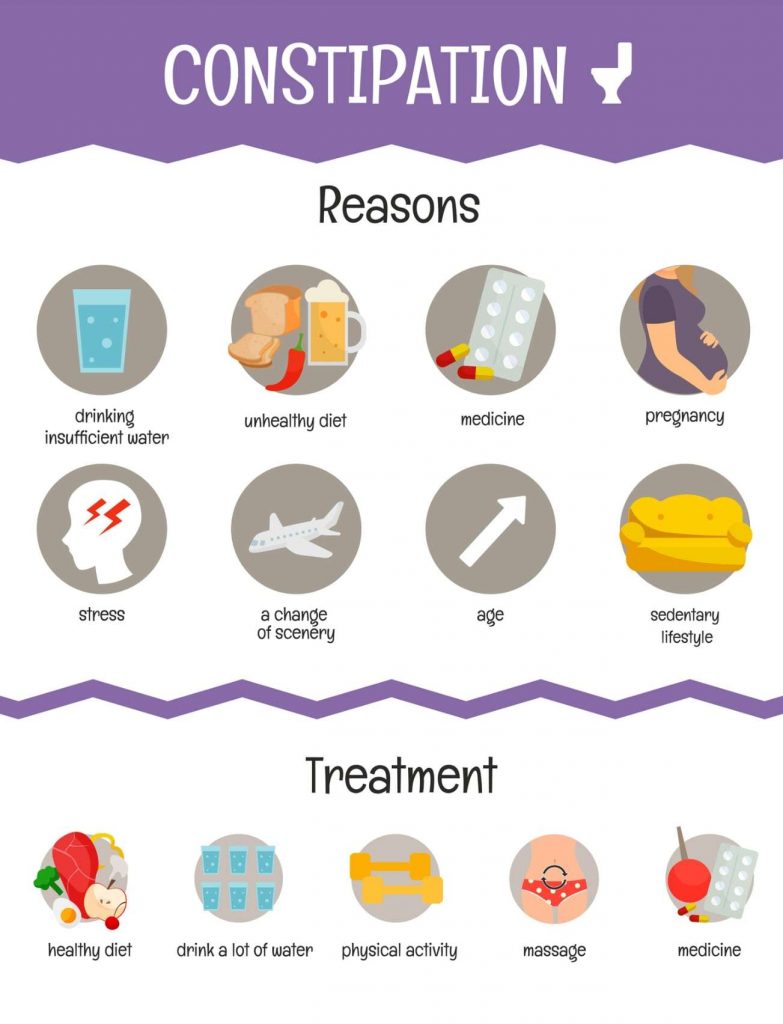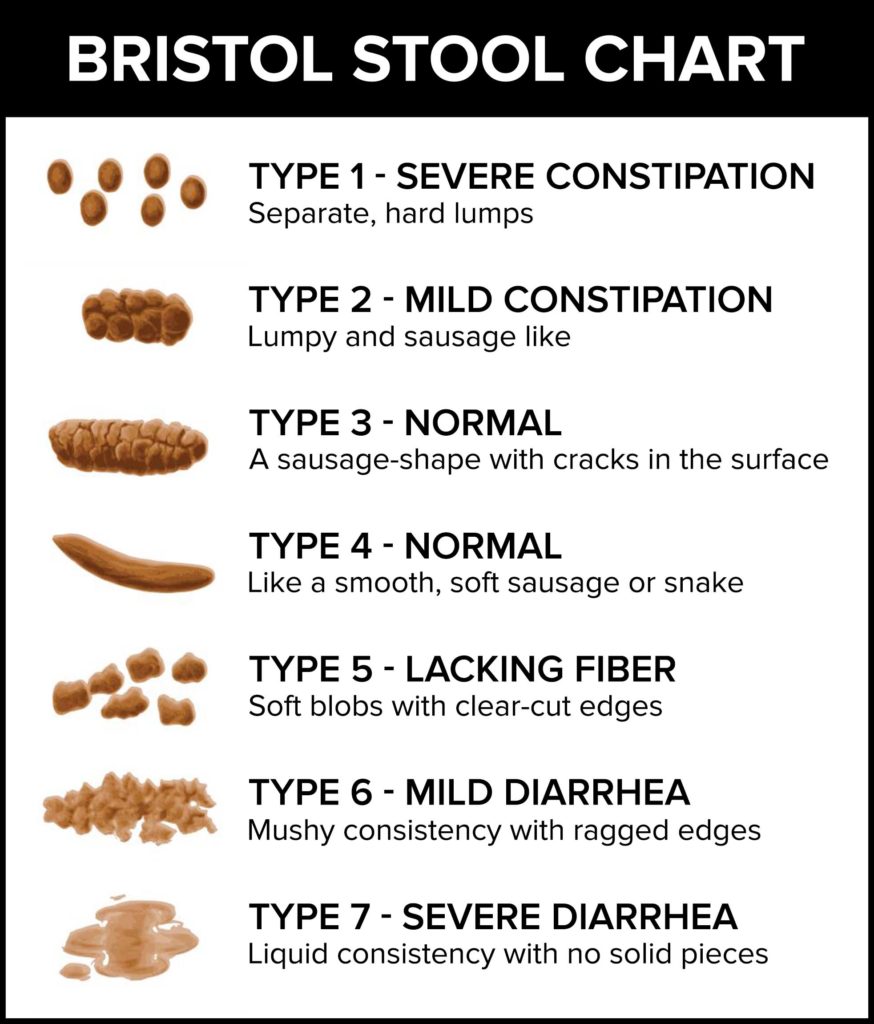Constipation
 Constipation is a very common problem people facing nowadays. Constipation is when you have infrequent or hard to pass bowel movements (meaning they are painful and stools hard to pass) and have a feeling that you have not fully emptied your bowels. Infrequent in this case means less than three times per week. Most of the time, constipation can be treated but if there is ongoing pain with bowel movements or there is blood in stool, seek medical assistance instead.
Constipation is a very common problem people facing nowadays. Constipation is when you have infrequent or hard to pass bowel movements (meaning they are painful and stools hard to pass) and have a feeling that you have not fully emptied your bowels. Infrequent in this case means less than three times per week. Most of the time, constipation can be treated but if there is ongoing pain with bowel movements or there is blood in stool, seek medical assistance instead.
What causes Constipation?
Common Lifestyle
- Eating foods low in fiber can make the stools become hard and difficult to pass.
- Changes in diet or daily routine especially when travelling along with inactivity
- Dehydration can worsen constipation, making the stool dry or like small lumps.
- Lack of exercise
- Often ignoring the urge to go to toilet due to too busy or doesn’t want to use the public toilet and as the feeling goes off , constipation occur
- Stress as when a person stressed, he/she is more likely to have an unhealthy diet, not getting enough exercise/sleep or forget to stay hydrated.
Medications and Health Condition
- Medicine like pain medications (mainly opioids), high calcium antacid and iron pills can cause constipation.
- Lazy Bowel Syndrome which the colon contracts poorly and restrains stool. ( due to excessive usage of stimulant laxative)
- Pregnancy

Treatment of Constipation
Lifestyle changes to treat constipation
Diet
- Eat a well-balanced diet with whole grains, fresh fruits and veggies. Aim for at least least 3 servings of vegetables and at least 2 servings of fruit per day. A serve is a portion equivalent in size of your own fist.
- Eat fewer high fat foods such as meat, eggs, cheese and processed foods.
- Add fiber supplements to your diet if needed. But remember to drink plenty of water because water help fiber work more efficiently.
- Drink at least 8 glasses of water per day.
- Avoid caffeine-containing drinks and alcohol, which can cause dehydration.
Habit
- Don’t ignore the urge to pass motion. The longer you wait, the harder your stool can become.
- Check how you sit on the toilet. Raising your feet, leaning back or squatting may make having a bowel movement easier.
- Exercise regularly to prevent or treat constipation by lowering the time it takes for food to move through large intestine. Hence less water will be absorbed from the stool into body.
- Do not read, use your phone or other devices while trying to move your bowels.
Health Supplements
Probiotics
Probiotics can play a key role in helping to relieve constipation, but it can be confusing trying to choose the correct and most effective one. Here we aim to help you get the most out of your friendly bacteria.
Bifidobacteria and Lactobacillus species are the majority bacteria found in our large intestine, hence probiotics with specific strains belonging to these species are regarded as the most suitable in helping to relieve constipation.
Megalive Floramax Pro, Megalive Flora 60 Plus, Bio-life A.B Junior Pre & Probiotics, Hexbio etc are probiotics supplements containing those strains which can be found in the market. Generally, probiotic food and supplements are thought to be safe for most people including during pregnancy and breastfeeding. Talk to your doctor or pharmacist, choosing the most suitable probiotics for you and your family, turning unhappy tummies to happy ones.
Over-the-counter
There are a number of options to help treat constipation despite to the lifestyle changes. They can be found over-the-counter without a prescription and come in many forms like pills, powders (to mix with water), enemas or suppositories. Talk with your pharmacist to help you choose wisely.





